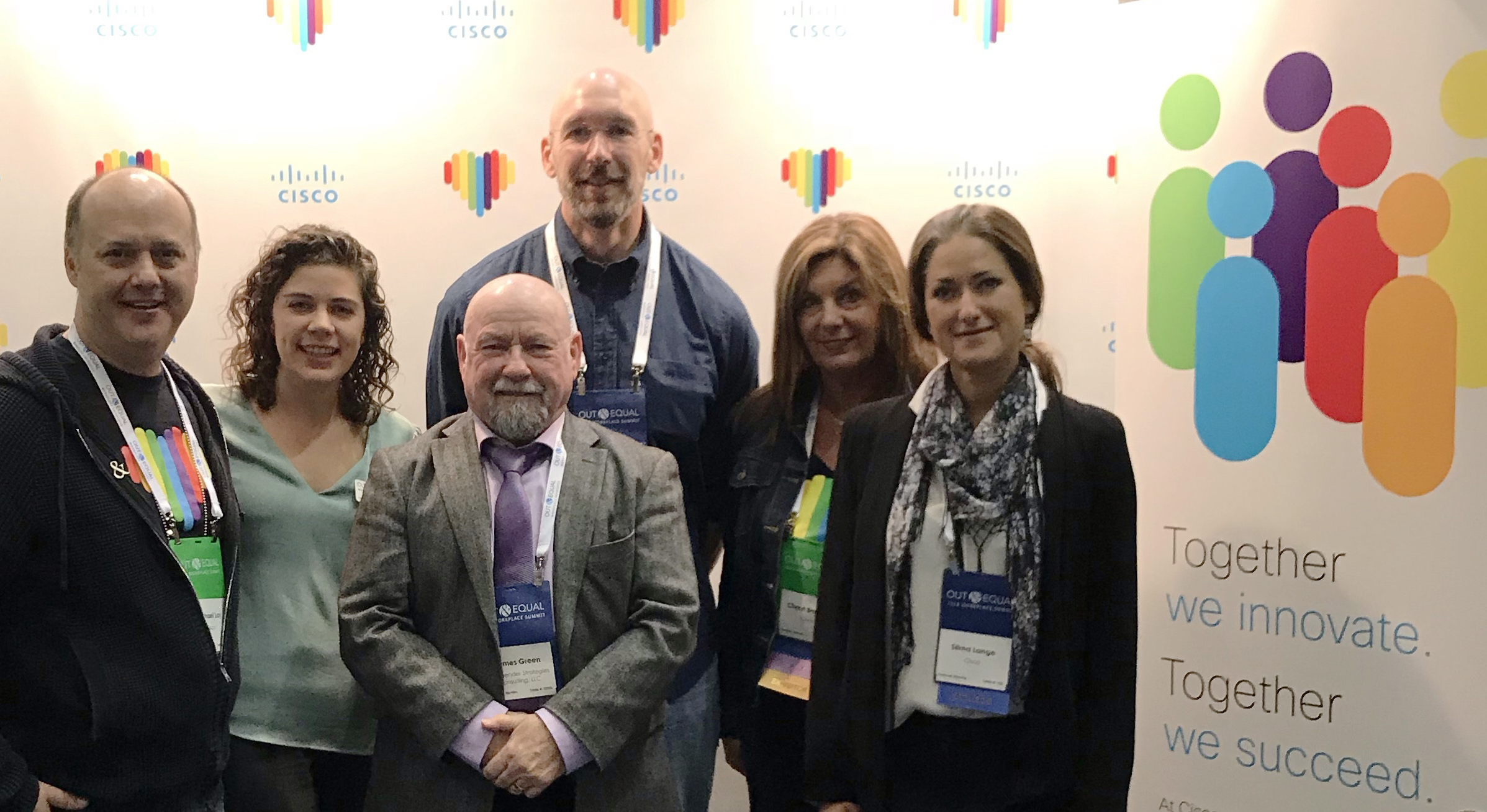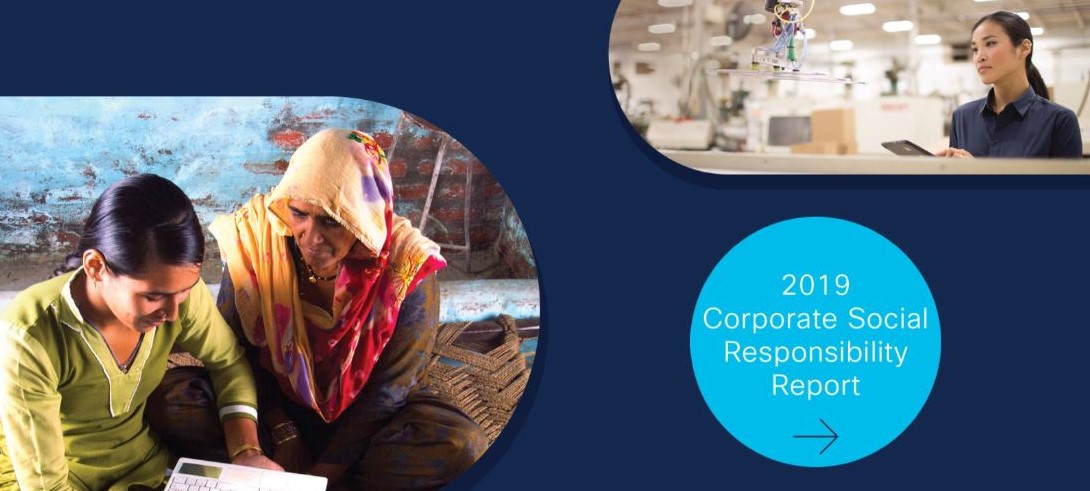The following is an excerpt from the 2019 CSR report.
We recognize our power to influence others on topics related to inclusion. With that power comes responsibility. We’re committed to leading our industry and being a voice for positive change on some of today’s most pressing social issues.
Narrowing the pay gap
To be our best, and to achieve the goal of equity embodied in our Conscious Culture, it’s essential that we pay everyone fairly. Across the globe, we regularly test for pay parity based on gender, and inclusive of ethnicity in the United States. If we find gaps, we fix them for all. This commitment to pay parity isn’t a one-time event. It’s part of our ongoing process to make sure people are paid equitably for similar work in the same location.
While analyses show our pay structure is healthy overall, there’s always room to improve. In FY19, we found minor disparities in about 1 percent of our global employee population. We gave pay adjustments to make it right.
To further pay parity for new hires, we no longer ask U.S. job candidates how much they made at their last job. The ban on salary history questions is a new legal requirement in some states, but Cisco opted to make it broader. We’re basing our
salaries on market data, candidate experience and expectations, and the level and location of the role.
We’ve also started offering deeper insight into market pay rates to our leaders as part of rewards planning. This information helps managers to make better decisions around compensation. And it leads to more transparent conversations with employees about how their pay compares to similar jobs in the same location. Better insights result in better rewards decisions, more fair pay overall, and a more satisfied workforce.
Cisco has also signed on to industry commitments, such as:
• White House Equal Pay Pledge
• Parity.org Pledge
• Employers for Pay Equity Consortium • CA Pay Equity Pledge
Leveraging the power of sponsorship to move the needle
Anyone who has had a sponsor knows the value of having someone in your corner. Research from the Leadership Research Institute shows that people who have sponsors are 23 percent more likely to advance in their careers than those who don’t. But there’s a gap: Compared to men, women and minorities are significantly less likely to have a sponsor.
Cisco believes in the power of sponsorship. We are doubling down on building leadership capability in this area because we know sponsorship works. The Multiplier Effect Pledge is helping to accelerate full-spectrum diversity for individuals who have traditionally been left out. That’s why we founded The Multiplier Effect pledge. And why our CEO, Chuck Robbins, was the first to sign up.
Those who join pledge to change the equation for diversity. By signing the pledge, leaders make a promise to help a diverse professional advance in their career. And they pledge to encourage their peers to do the same. As of FY19, 83 percent of Cisco’s Executive Leadership Team and 44 percent of our Vice Presidents had signed the pledge.
The pledge isn’t limited to Cisco. We’ve opened it up to anyone who wants to sign, and leaders from over 300 companies across industries have joined in. Those who sign get access to our online sponsorship guide. Now, we’re using technology to track just how effective these sponsorships are. In FY20, we’ll further weave sponsorship into our processes and culture and help other companies do the same.

Partnering for success
We partner with more than 20 organizations which help us attract, retain, and develop extraordinary diverse talent. Recent partnership actions include:
- Participating in the Out & Equal Workplace Summit, which gave us tools to educate our employees on gender expression terminology.
- Hosting 220+ students for the 2018 Out4Undergrad Tech conference, for which Cisco also served as a Diamond sponsor.
- Sponsoring the Lesbians Who Tech Summit, which attracted 6,000 attendees, including 20 Cisco employees.
- Hosting 100 African American/Black leaders and 40 Cisco executives in a two-day development academy in partnership with the Executive Leadership Council.
- Sponsoring the Disability Matters conference, where CEO Chuck Robbins received the CEO of the Year Award.
Taking a stand for social justice
Benefiting everyone starts with fairness and equality for all. And we mean all. We’re proud of Cisco’s longstanding leadership in advocating for inclusion and social justice for our people and those beyond our offices. As social injustices unfold around the world, Cisco is not staying silent. We’re speaking up on issues that matter to us and our employees. Here are a few examples:
- LGBTQ equality. We signed an amicus brief in support of LGBTQ workers and a joint business statement supporting transgender equality.
- Gun violence. As more tragic mass shootings took place across the U.S. and other parts of the world, Cisco took a stand. At the July 2019 Cisco Beat, Chuck Robbins announced the creation of the End Gun Violence Fund. Through this fund, employees make donations that are matched by Cisco.
- Immigration policy. As chair of Business Roundtable’s Immigration Committee, CEO Chuck Robbins called on the Trump administration to end family separations at the border. We also set up an Immigration Fund so employees can help.
- Mental health. We want everyone to know that it’s okay to not be okay. Cisco is changing the conversation about this issue within our company.
Download the full 2019 CSR report:




CONNECT WITH US